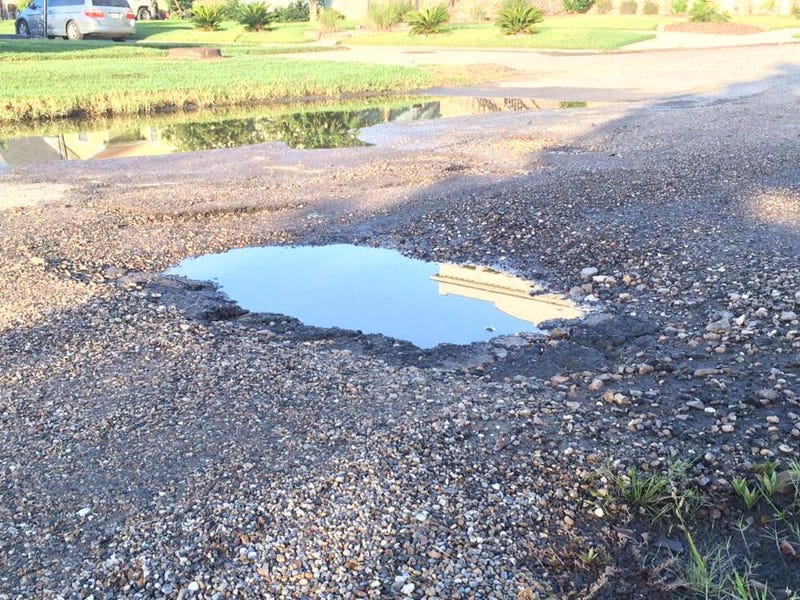
Early voting for the New Orleans mayor's race is under way, and the three major candidates running for the city's top job have expressed their support for the City Services Coalition's plan to help make the Crescent City's government more functional. That plan focuses on five basic services, including streets and infrastructure maintenance.
The City Services Coalition identified potholes, traffic light outages, and catch basin cleaning as among the most important infrastructure issues facing the city. According to Tulane professor Chris Reade, who worked with the City Services Coalition to develop its plan, the city must implement a reporting system that keeps track of complaints that 311 receives. That system, he says, must also track the amount of time it takes city officials to fix an infrastructure issue.
"It's okay for us to use 311 as an intake mechanism," Reade said to WWL's Newell Normand. "The data itself is useless if it doesn't drive action. That's where, I think, the rubber meets the road. How do we use it to drive action?"
"(Catch basins) are not going to stay unclogged by themselves," Tulane data expert Melissa Schigoda added, noting that the New Orleans Sewerage and Water Board must do more to address drainage issues in the city to prevent unnecessary flooding. "The Sewerage and Water Board needs to be proactive in cleaning those. The industry standard is once every two years at least."
Reade says the city can use technology to help keep track of what work needs to be done and how quickly officials are completing infrastructure repairs.
"How often did we get it fixed in 24 hours? How often did we get it fixed in 48 (hours), 72 (hours), two weeks, whatever?" Reade said. "For an (artificial intelligence) system to keep track and prioritize things so that it makes it easy for the people who actually are going to do the work, that's very doable. That's within our reach."
Throughout the week, we will explore the other four basic services that the City Services Coalition highlighted in its report.
